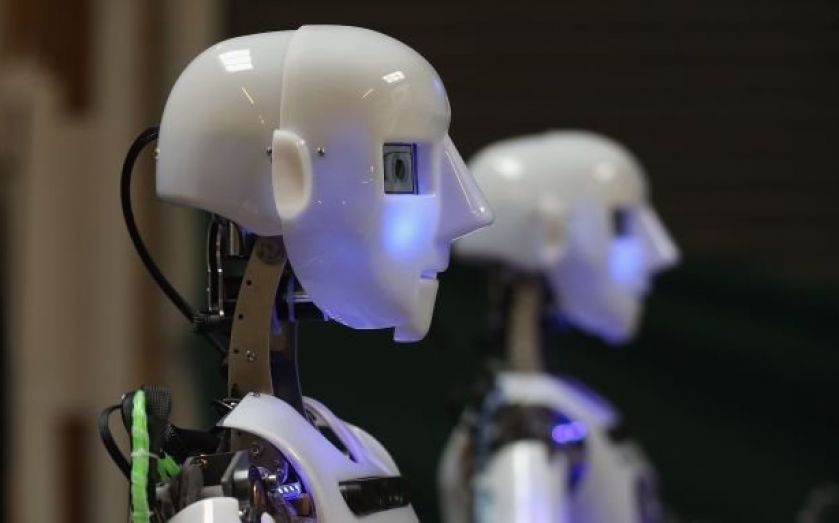UK ramps up robot research with new funding

The UK robotics industry has secured 150m of funding for the coming year, following yesterday's announcement the Technology Strategy Board is investing £400m in innovation programmes.
In a speech today, science minister David Willetts emphasised that robots should not be viewed as a thing of the future. “Today's strategy launch emphasises the fact that they are very much of the here and now,” he said.
"Britain has a wealth of expertise in robotics and autonomous systems, and that is why it has been identified as one of our eight great technologies. This strategy provides an ambitious guide for how the UK can build the foundations for a thriving robotics industry that can become an engine of growth."
The UK Robotics Strategy, developed by the Technology Strategy Board's RAS Special Interest Group, outlines the key areas of potential in the nation's assets and expertise.
Currently, the UK lags behind many other countries in terms of robot development, both in Europe and beyond. Robot expert Neal Sharkey from the University of Sheffield says that the UK has great potential but has never had the backing to realise it.
“British robotics has been underfunded for years, and so we have been trying to get the funding for a long time. At one point we even had to use Lego robots because of a lack of funding,” he says. “We are one of the least technologically sophisticated nations, below both Spain and Italy when it comes to robotics. Last year, Britain bought just 2,500 robots, compared to the 23,000 bought by Germany
“We have very good people working in the industry, but we are not developing and selling as much as other countries. What Britain is really brilliant at creating is the control software for robotics, but we haven’t had enough money to build our own robots really, and that's what we hope is going to change.”
The robots will mostly be tested and developed at decommissioned nuclear sites and abandoned coal mines, where they will be trained to work autonomously and carry out specific tasks.”Having a nuclear industry is very important because testing robots before they have been developed properly can be very dangerous and you cannot have people around. Dull, dangerous and dirty is how I describe the process,” adds Sharkey.
But he highlights the concern that if the robot industry really takes off in the UK, there could be repercussions in terms of jobs. The more robots there are available to perform functions, the fewer humans are needed. “I don’t know how it's going to work out – when computers became popular in the 80s we lost many jobs, but we managed to recover well just by changing the workplace. But I think that when people think of losing jobs to robots, what they don’t consider the huge numbers of people it takes to maintain robots and the jobs that will be created from that.”